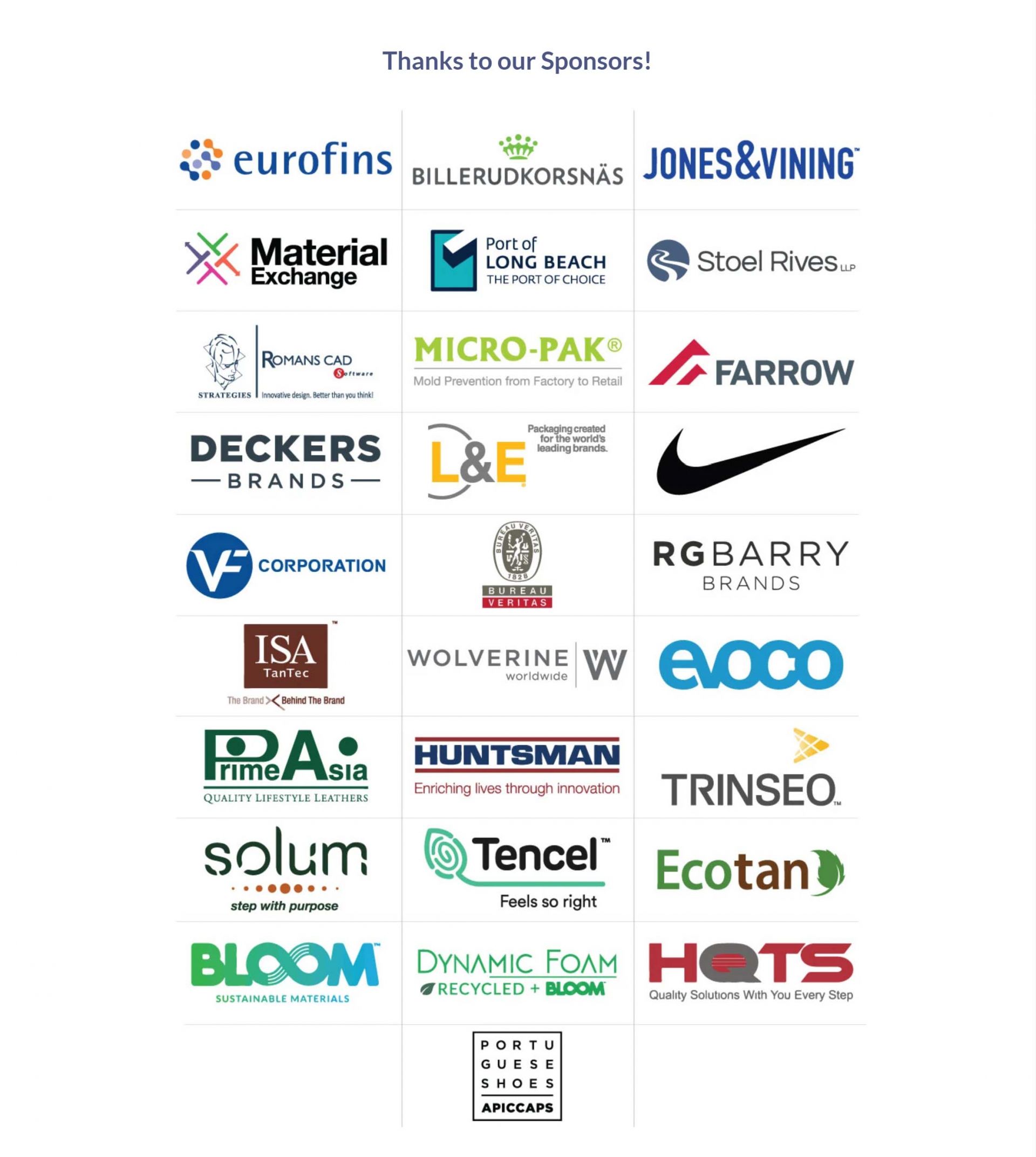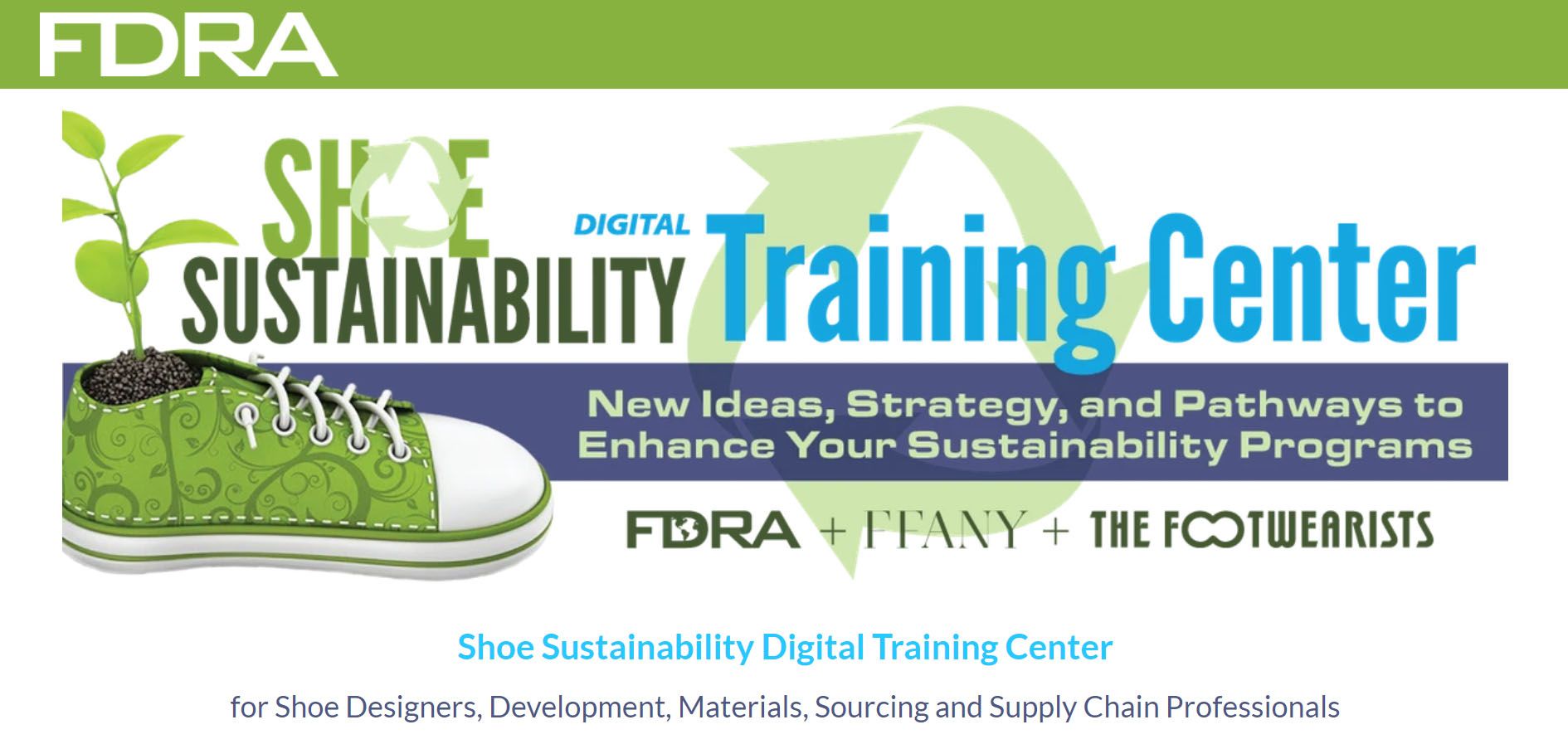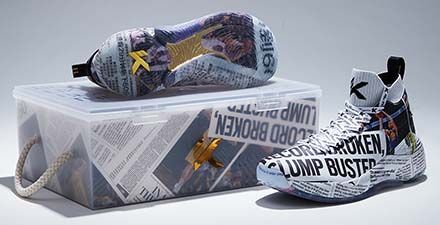The most complete training program on shoe sustainability
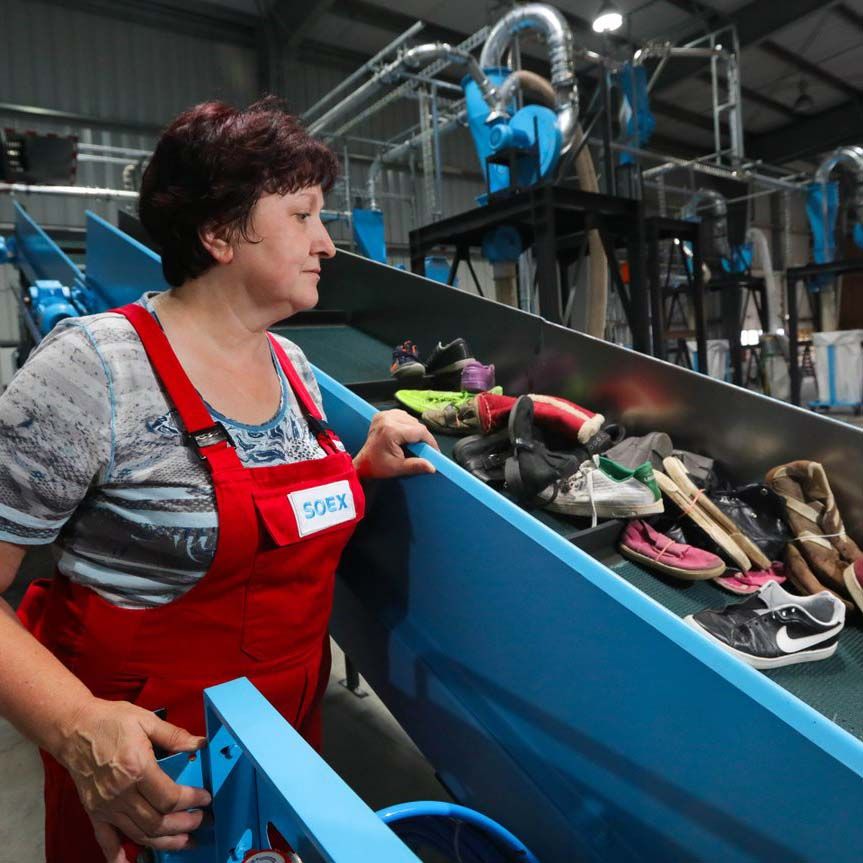
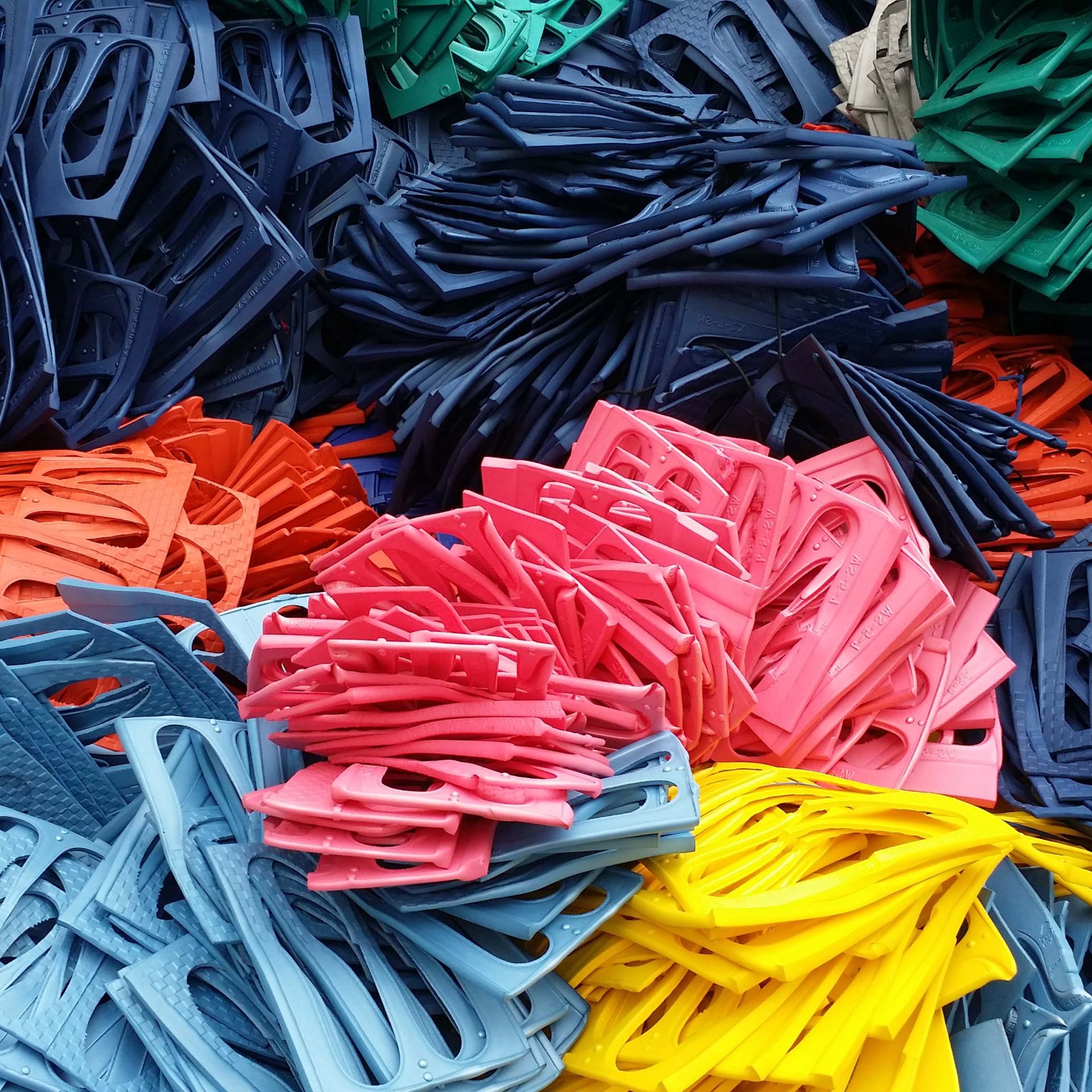
Session 1 - Sustainable Shoe Endings: Recycling, Waste Management & Circularity
Classes in Session 1:
Class 1: Intro
Class 2: The Big Picture: An Overview of Footwear Waste Streams
Class 3: Mapping and Tracking Your Waste Streams
Class 4: Understanding Mechanical Recycling
Class 5: Understanding Chemical Recycling
Class 6: Understanding Biodegradation and Composting
Class 7: How to Organize and Finance a Take Back System
Expert interview topics in Session 1:
- How lasts can contribute to more sustainable manufacturing and fewer returns
- Recycling post-industrial TPU waste
- Regenerative sole material that feeds nutrients to the soil, preventing toxic micro waste
- FDRA's Shoe Factory Waste Program update and new applications
- Using Therpol to increase the performance of recycled materials
- The amazing sustainable journey of Saucony’s new ZERO plastics shoe
- How to turn trash into trainers and then do it all over again…
- Teva Forever: recycling worn shoes
- How lasts can contribute to more sustainable manufacturing and fewer returns
- Recycling post-industrial TPU waste
- Regenerative sole material that feeds nutrients to the soil, preventing toxic micro waste
- FDRA's Shoe Factory Waste Program update and new applications
- Using Therpol to increase the performance of recycled materials
- The amazing sustainable journey of Saucony’s new ZERO plastics shoe
- How to turn trash into trainers and then do it all over again…
- Teva Forever: recycling worn shoes

Session 2 - Sustainable Shoe Design, Construction, and Production
Classes in Session 2:
Class 1: Intro
Class 2: Designing the lifecycle
Class 3: Resourceful design
Class 4: Digital design and development
Class 5: Design for recycling
Class 6: Design for durability
Class 7: Production on demand
Class 8: Local Manufacturing
Expert interview topics in Session 2:
- Using agriwaste and novel supplier development
- How quality of material and manufacturing processes influences footwear sustainability
- LCA-led design for disassembly and the importance of developing biofabricated materials
- How to use digital tools to minimize sampling
- Designing the lifecycle of footwear from plant-based fibers and fabrics
- Making recyclable PU and TPU footwear
- How to shift the fashion paradigm to a fully on-demand system
- How local to local manufacturing will change footwear design and costing systems

Session 3 - Sustainable Shoe Materials, Certifications, and Standards
Classes in Session 3:
Class 1: Intro
Class 2: Introduction to materials and LCAs
Class 3: Leather
Class 4: Synthetic upper materials
Class 5: Plant-based upper materials
Class 6: Sole materials
Class 7: Certification
Expert interview topics in Session 3:
- Sustainable shoe packaging
- Leather and life cycle assessment thinking
- Circular leather tanning
- Advanced leather sustainability from farming to end products
- Production and certification of bio-based and recycled foam footbeds
- Global Sustainability Roadmap for plant-based fibers
- Replacing plastics with 100% plant-based materials
- Bio-based TPUs
- Regenerative materials
- The Lifecycle of plant-based polymers for foams and injection molding
- The future of (bio-based) PUs and TPUs
- EVA with bio-based and recycled content
- The importance of third-party certification
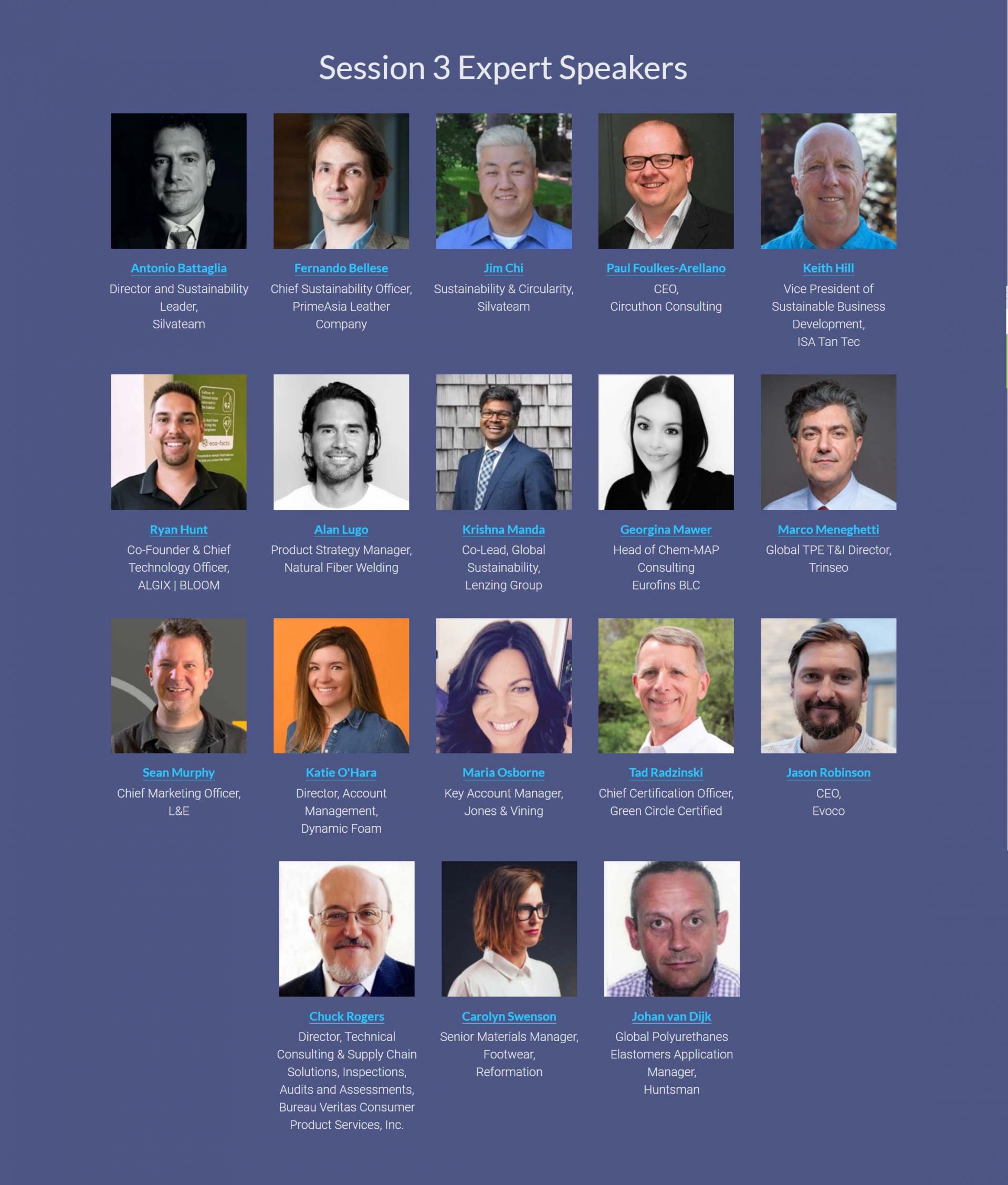
WHAT'S INCLUDED
-
3 modules
-
22 video classes (> 7 hrs)
-
32 expert interviews (> 18 hrs)
-
3 recorded webinars and Q&As (> 5 hrs)
-
multiple downloadable sustainability reports from third parties and sponsors
Course Format
This course consists of 3 sessions that each consist of 7 or 8 video classes and several expert interviews. We first discuss the bigger picture of how footwear waste is created and how it can be recycled. Then we talk about how to design for recycling and durability and finally we discuss sustainable materials and certification.
Course Audience
This course is meant for ALL footwear professionals, no matter what part of the supply chain your work in. Our guest speakers also come from all over the world and from all sections of the footwear supply chain, from raw material suppliers to consultants and from designers to e-commerce experts. In order to make the footwear industry really sustainable we need everyone involved. That is why FDRA also has special offers for teams!
Requirements
There are no specific requirements other than being a footwear professional. The course focuses on building strategy, so it might not be for absolute beginners, however, there is lots of knowledge presented that is suitable for everyone.
EXAMPLE OF A CLASS
Write your awesome label here.
This is class 5 from Session 1, about understanding chemical recycling
EXAMPLE OF AN EXPERT INTERVIEW
Write your awesome label here.
This is an interview with Thomas Bogle on how he developed his new regenerative sole material Solum, which offers a solution for the issue of micro plastic waste.
